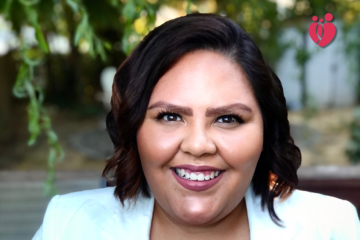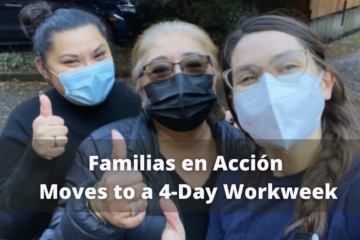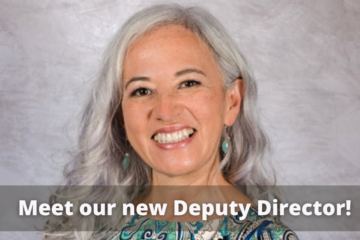At Familias, we are very intentional about the people we bring into our organization. From staff to the Board of Directors, each person brings a unique perspective and a shared passion for the work we do to support Latino/x/e health.
Acquaint yourselves with our newest board members – Jacqueline, Martin, Eva, and Jonathan. Learn about their personal stories and why they’ve become a part of this familia.
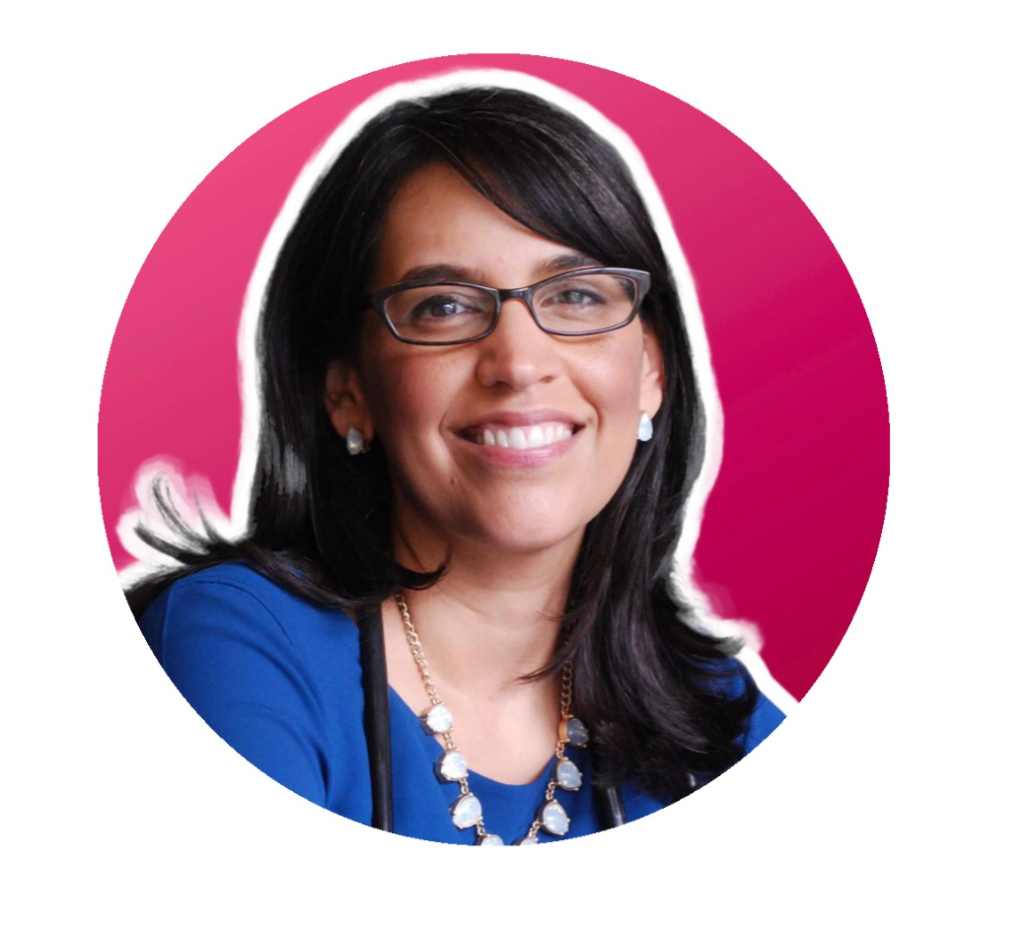
Eva Galvez
Family Medicine Physician – Virginia Garcia Memorial Health Center
“I always like to start with the story of my family because my family’s past is an integral part of my story today.”
Eva is the daughter of two immigrants – her dad from Mexico, her mom from California – and both came to Oregon in search of a more prosperous future. Hood River, abundant in orchards and farming opportunities, is where her parents met. It was there they decided to settle and start a family of their own.
One thing people might not know is that Eva is an identical twin. She always warns people, “if you see someone who you think looks like me but I don’t say ‘hello’, it’s probably my sister. It actually happens pretty often, and people used to get us mixed up all the time when we were in medical school together.”
Eva is inspired by family and community. “I do believe it is important to accomplish things. Accomplishing goals is important for progress, but if you’re only looking at those goals without valuing relationships, you are missing a lot. When building relationships, you’re really learning people’s stories, and everyone has a story to tell.”
When asked which Familias value resonated with her most, Eva stated: “Inclusividad. It’s important for people to feel included. I feel that our aim to lift the health of Latinos really helps everyone in the community because we are all so interconnected. I love the fact that even though we are looking to improve the health of the Latinos, we are not being exclusive, we are making a point to be inclusive.”
Today, Eva is a primary care physician at Virginia Garcia Medical Center, which focuses on serving Latino families and migrant farm workers. “This is the community I grew up in, so my passion is to give back and serve this community,” she shared. “As a physician, one thing I have learned on this journey is that health is a community matter. We tend to look at health as something that is happening in clinics or hospitals but it’s the opposite – it’s really happening in the community, and doctors step up when someone is sick.”
Eva felt that being on the Familias board was a way for her to really make an impact in the community. “I’m now helping to address health at a community level not just within the walls of healthcare.” In our culture ‘familia’ can refer to blood relatives or the people in your close community – it can be your 3rd…4th…5th cousin, all your primos, your tias. There are really no limits to what your family can be and I’m so excited to be a part of this one, with all of you.”
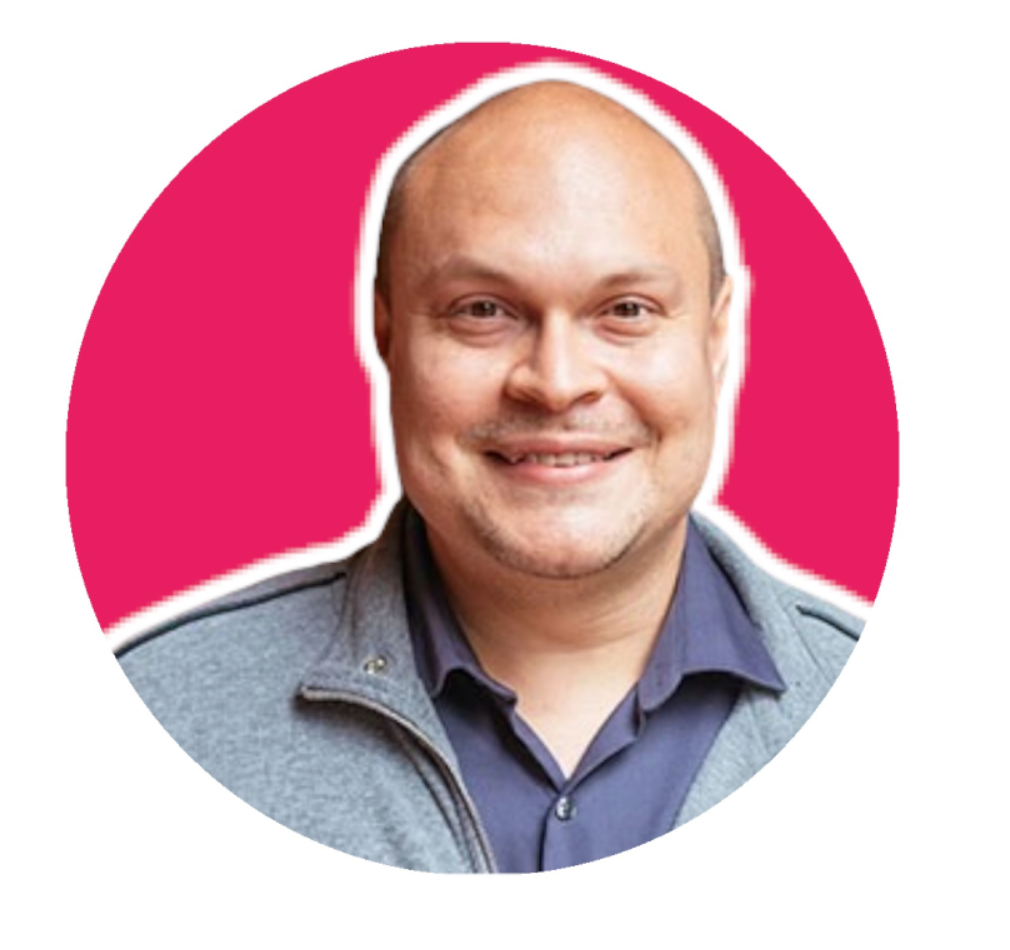
Jonathan Garcia
Associate Professor and Director of the Global Health program at Oregon State University
Jonathan is a Colombian immigrant, who moved to the US when he was 5 years old. “I moved here with my great aunt, and grandmother, who petitioned her 10 children and all her grandchildren.” To raise enough money to bring the whole family, Jonathan’s grandmother sold arepas, which he says are a huge staple in Colombian culture.
Of the Familias’ values, Jonathan says that Familias, Empoderar, and Inclusividad resonate most with him. “Family is such a core aspect of the Latino community. We know how families drive our decision-making and our understanding of well-being in Latino communities. We are really driven by helping each other out and providing that support. In my own work and Familias’ work, I saw that common thread.”
Through his work, Jonathan says, “I’ve learned the importance of not doing for people, but more importantly to amplify people’s voices and create an environment where people can do and speak for themselves. There’s usually a dichotomy between helpers and people being helped, but that’s a false dichotomy. We all have something to learn from each other. Empoderar and inclusividad really connect with each other in that way.”
He says that the north star in all of his work is “to bring my whole self and my authentic self. I’m an immigrant, I’m also gay. I’m always thinking about ways to bring the things that I’ve learned about myself and what I’ve learned professionally to bear when working with others.” He’s developed programs that help people bring their own identities when connecting with each other and how to build equity and social justice by “tapping into who we are – being proud of who we are, learning about others with an open mind, and being empathetic by understanding our similarities.”
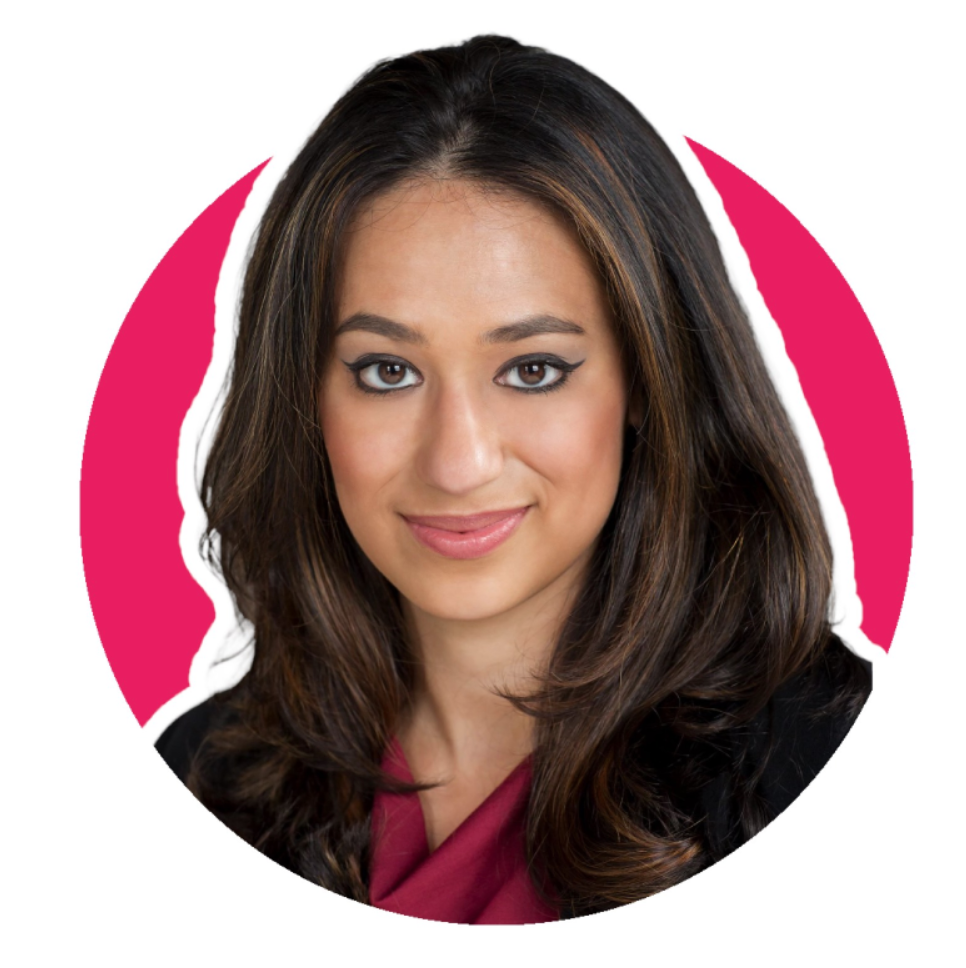
Jacqueline Alarcón
Family Law Attorney and Shareholder – Yates Family Law PC
Jacqeline – or Jackie to friends and family – was born in Los Angeles, but she grew up in El Salvador. “I give my parents a lot of credit for having the awareness of what citizenship status meant. Each of my siblings and I were born in the States and that brings a level of privilege that I’m very aware of as an adult.”
Jacqueline’s family moved to Oregon in 1999 as she was starting high school. “I was a Gresham Gopher,” she jokes. “I never envisioned moving here and it was such an interesting experience because I had never been in a situation where I was considered a minority. I didn’t even know what that term was. It was overwhelming to be in this culture where, for the first time in my life, people didn’t look like me and the assumption that I was less than was always really troubling.”
Jackie says she’s always been against using language that minimizes people and advocates for people-first language for all identities, drawing from her own experiences growing up.
She says her biggest pet peeve when talking about her past is: “people always say my accent isn’t identifiable even though I moved here at 13. When I came to Gresham High School, I could speak English because I attended an international school, but I was automatically put in ESL just because I came from a different country. I remember thinking ‘I don’t need to be here’ and everyone shutting me down.” Finally, she advocated with her school counselor. “I still remember him, he is Latinx. And he said, ’I believe you, but your accent is an impediment to other people believing you.’”
And so Jackie enrolled, as a sophomore in high school, in a phonetics class at Mt. Hood Community College for 3 years. She would take the Max all the way to Troutdale after her high school classes, where she worked on overanunciating her words in order to minimize her accent.
“It’s my past experiences that draw me to certain organizations. I care about my community. Serving a community based organization is so much more holistic than a logical organization. Tapping into that perspective of yourself – the community we serve operates this way.”
In her professional life, Jackie is a family law attorney, which deals a lot with divorce. Everyone always asks: ‘why do you do this work?’ As the product of a divorced family who had a very ugly divorce, she remembers the deep depression and isolation that it sent her into. “It completely isolated me and I never want a child or a person to feel that way. It’s what drew me to family law. Now, seeing the transformation and growth in my clients – especially in women – and seeing them get stronger as the divorce gets closer, it’s the best feeling.”
Her clients and personal aspirations keep her going. “I serve as a judge part-time in both Washington and Multnomah County. I recently applied for a judicial vacancy in Multnomah County to be full-time judge. It was a huge interview process, you’re vetted very heavily. I was one of the finalists, which means I got to meet with the Governor. I didn’t get the position, but I was second up and I received a direct call from the Governor, which is rare. It was one of the most gratifying experiences of my life.”
When asked what she hopes to bring to Familias, Jackie says, “when I agree to serve on an organization, I commit entirely to it. It’s not something I do on a whim. What I am hoping to bring to Familias en Accion is my perspective about what happens to an organization that grows exponentially and how to grow efficiently, effectively, wholeheartedly while still staying true to the mission.”
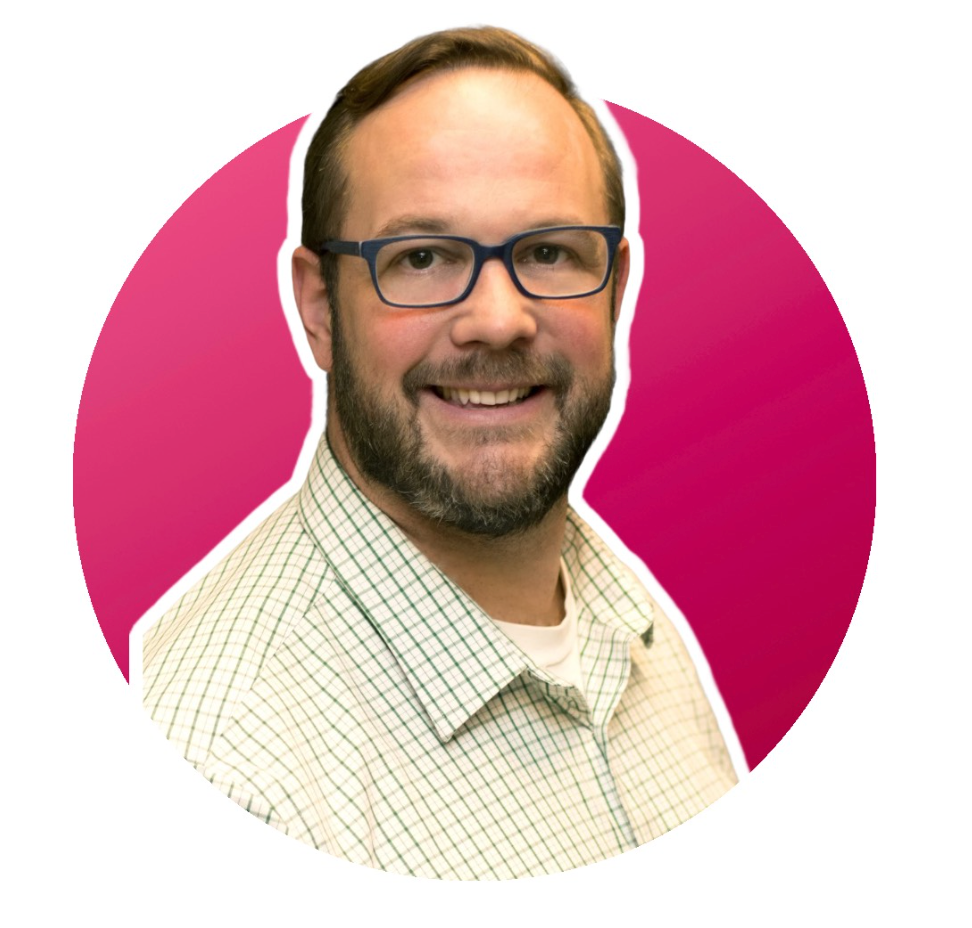
Martin Taylor
President – Taylor Insights LLC
Martin grew up in the Puget Sound area and came to Oregon to attend Willamette University, where he’s lived ever since. He is very close to his family and has an 18-year old daughter, a 5-year old daughter, and an 8-year old son. “I’ve been the primary caregiver for the little ones the past 2 years and I’m very grateful for that time together.”
Martin says his family loves to travel and their favorite place they’ve been is Morocco. “We visited just before the pandemic and we’re really excited to start traveling again. My teenager is going to college in Madrid, Spain at the NYU Global Studies Program, so I’ll visit this summer to drop her off there.” Martin also has a dog named Charlie. “He’s the best, terrible dog you could imagine – he’s great unless you want him to do what you ask…but he’ll grow into it,” he jokes.
“At various stages in my life, I have been inspired by different things. I started off being very political and started my career in Oregon state politics, centered on topics about social justice issues and community organizing. I was an organizer at the Oregon Nurses Association, but having a family shifts things a little bit.”
Martin spends a lot of time reading – around climate change and things that feel like they’re too big for any one person to resolve. He says he’s always inspired by people who are making a difference in things that are definitionally bigger than themselves. “I’ve been very inspired watching the recent Supreme Court hearings.”
In joining this board, Martin says he is trying to help create new ways for the state to contract with Latino-led groups. Medicaid and healthcare is one avenue where he sees that cross-pollination. “For me, the board is where I can put into practice a lot of the learnings we’ve been asked to participate in – both that landscape and the vocabulary. I’ve been on a lot of boards in the past and this one is really good. Everyone really cares, you can feel it. One of the first things I did on the board was attend a meeting in the board president’s backyard and it really felt like a family.”
“As long as I’ve been a professional, I’ve been around organizations that are working on their values, but I think the things about this time that sound so obvious now were not the things that were most important two decades ago. I started in an environment where people said you should be able to prove something with data, but we know now that speaking your truth doesn’t mean backing things up with data. It’s more about the relationships.“
